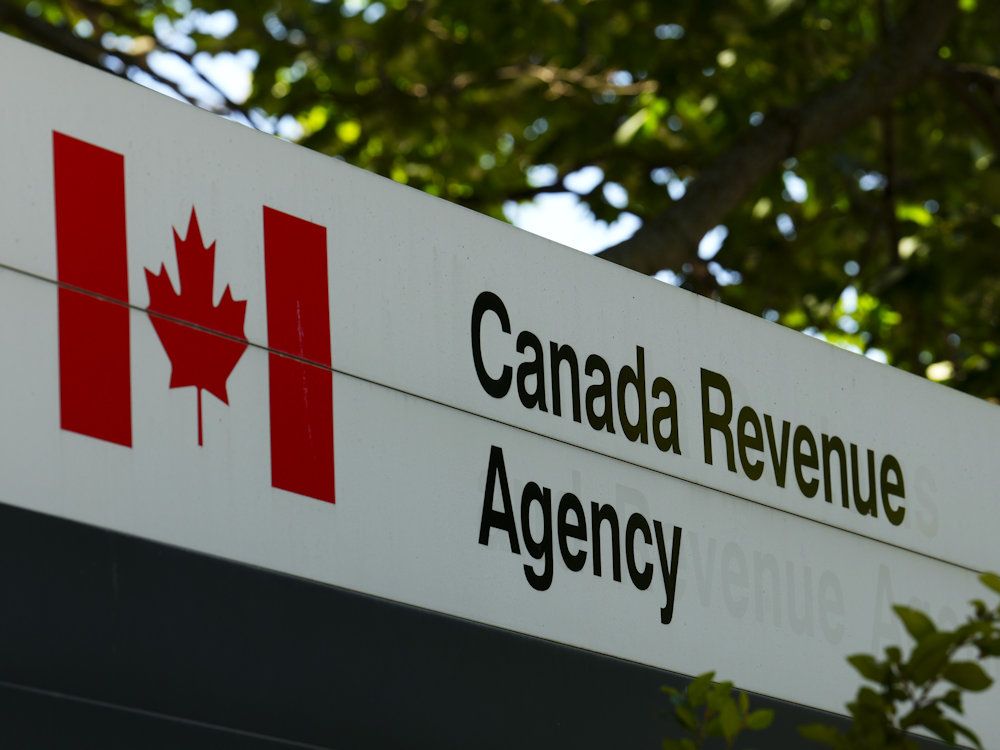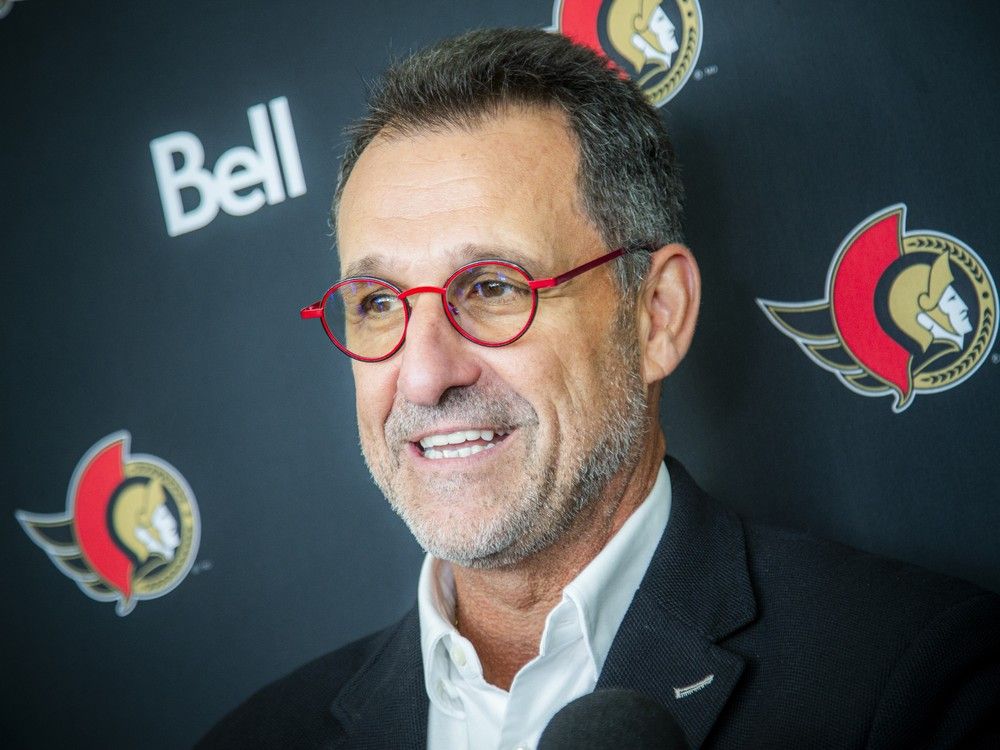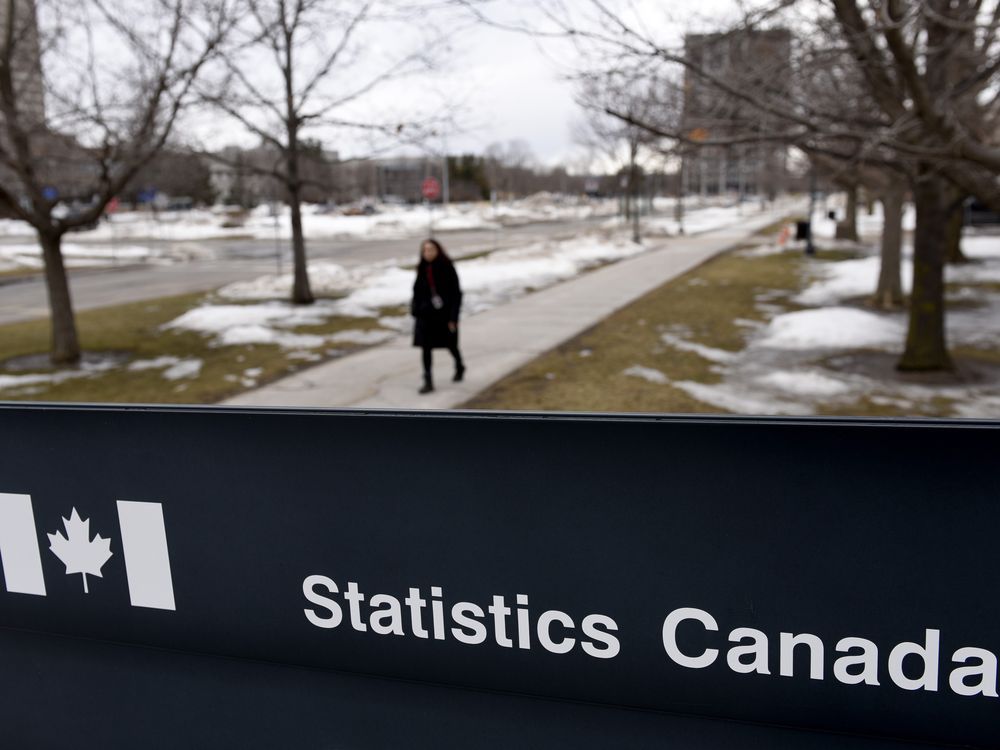Asking about upper management’s ability to meet quantifiable goals for Ottawa should not be viewed as a personal attack.
Published Jan 10, 2025 • Last updated 0 minutes ago • 3 minute read

When Ottawa city Coun. Riley Brockington recently questioned, in a public forum, how the job performance of Transit Services general manager Renée Amilcar is judged, some of his colleagues portrayed the query as a personal attack. But why is it that senior city bureaucrats, charged with providing the services we pay for, can’t be critically questioned in a public setting?
Advertisement 2
THIS CONTENT IS RESERVED FOR SUBSCRIBERS ONLY
Subscribe now to read the latest news in your city and across Canada.
- Exclusive articles from Elizabeth Payne, David Pugliese, Andrew Duffy, Bruce Deachman and others. Plus, food reviews and event listings in the weekly newsletter, Ottawa, Out of Office.
- Unlimited online access to Ottawa Citizen and 15 news sites with one account.
- Ottawa Citizen ePaper, an electronic replica of the print edition to view on any device, share and comment on.
- Daily puzzles, including the New York Times Crossword.
- Support local journalism.
SUBSCRIBE TO UNLOCK MORE ARTICLES
Subscribe now to read the latest news in your city and across Canada.
- Exclusive articles from Elizabeth Payne, David Pugliese, Andrew Duffy, Bruce Deachman and others. Plus, food reviews and event listings in the weekly newsletter, Ottawa, Out of Office.
- Unlimited online access to Ottawa Citizen and 15 news sites with one account.
- Ottawa Citizen ePaper, an electronic replica of the print edition to view on any device, share and comment on.
- Daily puzzles, including the New York Times Crossword.
- Support local journalism.
REGISTER / SIGN IN TO UNLOCK MORE ARTICLES
Create an account or sign in to continue with your reading experience.
- Access articles from across Canada with one account.
- Share your thoughts and join the conversation in the comments.
- Enjoy additional articles per month.
- Get email updates from your favourite authors.
THIS ARTICLE IS FREE TO READ REGISTER TO UNLOCK.
Create an account or sign in to continue with your reading experience.
- Access articles from across Canada with one account
- Share your thoughts and join the conversation in the comments
- Enjoy additional articles per month
- Get email updates from your favourite authors
Sign In or Create an Account
or
Article content
Too often, committees of elected people agree with what is presented to them by the bureaucracy and either: do not ask tough questions; ask them “in camera” (hidden from public scrutiny); or raise them only in informal settings. Some appear to have the attitude: let’s go along to get along.
For example, the Ottawa Police Service’s 2025 budget passed unanimously at the Ottawa Police Services Board on Dec. 2, 2024 with little public scrutiny. Basic financial accountability questions asked by members of the public went unanswered. The Audit Committee’s 2025 budget was passed as well on that date, with just two questions. Vice-chair Coun. David Brown directed a soft-ball question to staff but admitted that he and the chair had access to more information than other councillors, so he didn’t feel the need to ask anything further.
City staff are highly professional and competent. Many are experts in their fields. The committees they report through play an important oversight role over resource allocation decisions that directly impact the citizens of Ottawa. This is why staff at the top of the bureaucracy should be held accountable to the public. How do we hold them accountable? In theory, via the elected officials who oversee their performance.
Advertisement 3
Article content
City government consists of a multitude of committees, sub-committees, commissions and boards. These provide an important function between the public and the bureaucracy to ensure that our overall societal objectives (which we vote for every four years) are translated into concrete public-sector actions.
The performance of the Transit Services general manager, like any other top public servant, must be questioned to ensure we are getting value for money. The Transit Commission is that public oversight body where performance questions are asked, and answers are provided. Why, as some councillors are advocating, should this be kept behind closed doors? There is a time and place for in-camera sessions. But they must be the exception and not the rule.
This goes hand-in-hand with city departments needing quantifiable objectives and accountability mechanisms to ensure objectives are met. When independent reviews are done within the federal government, there are clear guidelines to assess performance. Similar, if not the same, measures (quantitative, measurable, attainable and confirmed) can and must be used in assessing the top bureaucrats of the city.
Advertisement 4
Article content
OC Transpo itself has these types of objectives, for example reporting on the number of on-time buses. It seems reasonable, actually essential, to us that city council and its committees ensure that each department meets their objectives. If departments do not, council needs to ask rigorous questions in an open and transparent forum to understand what the barriers are to meeting those objectives.
Asking about upper management’s ability to meet quantifiable goals should not be viewed as personal attacks. Such inquiries are not directed at the individual but rather their role as head of a city organization. The individuals need to publicly identify the barriers to achieving their organization’s objectives. This must apply to all committees, sub-committees, commissions and boards.
Those entrusted to any oversight body for the City of Ottawa need to take their roles much more seriously. They need to pointedly and publicly, in a respectful manner, question the actions of the bureaucracy. Top bureaucrats need to know that their performance will be judged by the people who represent us.
Advertisement 5
Article content
As we enter a new calendar year, we should all be asking ourselves: How can we as city residents have confidence in how services are conceived, designed, managed and delivered if the performance reviews of senior city officials and their departments are done in secrecy?
Maya Papineau is an economics professor at Carleton University and Ottawa resident since 2006. She was one of 14 delegates at the Finances and Corporate Services Committee on Dec. 3. Don Lalonde is a retired public servant and 45-year Ottawa resident with a Master’s in Public Administration from Carleton University. He presented to the Ottawa Police Services Board on Dec. 2 on the 2025 police budget.
Recommended from Editorial
-

Denley: Ottawa's public transit costs are headed for disaster
-

5 ways the new Ottawa budget changes what you pay
Article content
.png)
 3 hours ago
8
3 hours ago
8




































 Bengali (BD) ·
Bengali (BD) ·  English (US) ·
English (US) ·